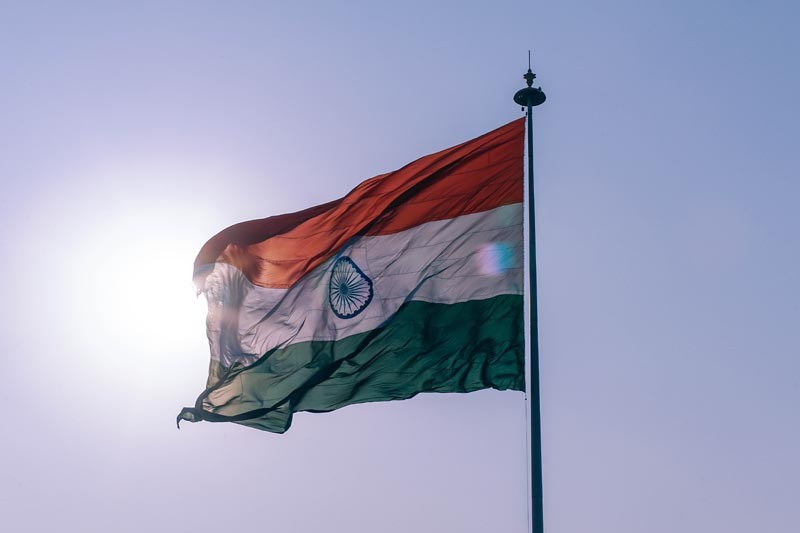Christian Officer’s Dismissal Upheld

6/10/2025 India (International Christian Concern) — In a recent judgment, the Delhi High Court upheld the dismissal of a Christian army officer by the Indian Army for his refusal to participate in specific religious rituals during regimental parades.
Lieutenant Samuel Kamalesan challenged the Indian Army order dated March 3, 2021, dismissing him from the army without pension and gratuity, and sought reinstatement in service.
But the Delhi High Court upheld the dismissal by the Indian army, concluding that Kamalesan’s refusal to participate in specific religious rituals during regimental parades, citing his Christian faith, constituted insubordination and indiscipline, thereby justifying his termination.
Kamalesan was commissioned as a lieutenant in the Indian Army in March 2017, serving in the 3rd Cavalry Regiment, which consists of three squadrons made up of Sikh, Jat, and Rajput personnel. He was appointed troop leader of Squadron B, predominantly comprising Sikh personnel.
Kamalesan stated that his regiment maintained only a mandir (Hindu temple) and a gurudwara (Sikh place of worship) for religious observances and parades, but did not have a Sarv Dharm Sthal — a place of worship accommodating all faiths — and noted that there was no Christian church on the premises.
He claimed that he regularly accompanied his troops to the mandir and gurudwara for weekly religious parades and festivals but sought exemption from entering the innermost sanctum of the temple during rituals such as puja, havan, or aarti.
Kamalesan stated that he abstained from entering the sanctum sanctorum of temples and gurudwaras during weekly regimental religious parades, aligning with his Protestant Christian beliefs that prohibit idol worship. He maintained that his participation in the outer areas of these religious sites was a sign of respect and solidarity with his troops.
However, the Army contended that participation in regimental religious activities is integral to fostering unit cohesion and morale. They argued that Kamalesan’s refusal to fully engage in these rituals, despite multiple counseling sessions and explanations of their importance, undermined the unity and discipline essential in military operations.
The Army argued that Kamalesan consistently failed to attend the regimental parades despite repeated efforts by the commandant and other officers to explain the significance of regimentation.
The Delhi High Court emphasized that while individuals have the right to practice their religion, this right is not absolute within the military context. It held that Kamalesan’s actions placed personal religious beliefs above lawful military commands, constituting indiscipline.
The court noted that the unique nature of military service requires a higher standard of discipline and that the Army’s decision to dismiss him without a court-martial was justified, given the sensitive nature of the issue and its potential effect on unit cohesion.
Kamalesan’s case underscores the complex interplay between individual rights, especially faith practices, and institutional discipline within the armed forces.
To read more news stories, visit the ICC Newsroom. For interviews, please email [email protected].
